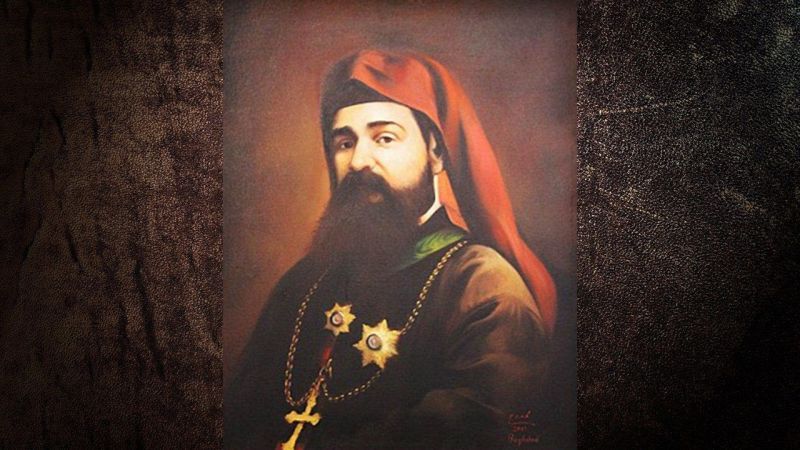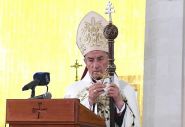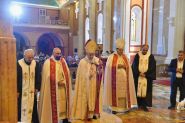
Archbishop Ignatius Maloyan, a prominent figure of faith and martyrdom during the Armenian Genocide, will be canonized this Sunday at St. Peter’s Basilica in Rome by Pope Leo XIV.
The ceremony will be attended by official delegations from Lebanon, including President Joseph Aoun and Maronite Patriarch Bechara Rai, alongside representatives from Armenia and the Armenian diaspora. Other Eastern Churches, both Catholic and Orthodox, are also expected to take part in this historic event.
While Maloyan is widely venerated as a Lebanese saint, his legacy is deeply rooted in the history of the Armenian people. His canonization is seen as a powerful act of recognition for the suffering endured during the Armenian Genocide. Following his elevation to sainthood, he will be honored each year on June 11 — the anniversary of his martyrdom.
The path toward sainthood began in 1966 with the opening of his cause for beatification. It concluded on April 24, 2001, a significant date also marking Armenian Genocide Remembrance Day. On October 7, 2001, Pope John Paul II declared him Blessed, affirming that he died in odium fidei ("in hatred of the faith"), a formal recognition of his martyrdom. His canonization was officially approved in 2025 by Pope Francis.
A Life of Faith, Service and Ultimate Sacrifice
Ignatius Maloyan was born on April 19, 1869, in the city of Mardin, which was then part of the Ottoman Empire. Raised in a devout Armenian Catholic family, he was baptized Choukrallah Maloyan. At the age of 14, he answered a call to religious life and entered the Patriarchal Clerical Institute of Our Lady of Bzommar in Lebanon.
Ordained to the priesthood in 1896, he chose the name Ignatius in tribute to Saint Ignatius of Antioch, one of the early Christian martyrs. He would go on to serve in several major cities (Alexandria, Cairo and Istanbul) dedicating his ministry to catechesis, pastoral care and the strengthening of parish life. His work focused on faith formation for both children and adults, support for parish schools and care for the sick and the poor through charitable outreach. He was also a mentor to fellow clergy, guiding them in their spiritual and pastoral responsibilities.
In 1911, he was appointed Archbishop of Mardin by Patriarch Boghos Bedros XIII. Just four years later, as the Armenian Genocide unfolded, Maloyan was arrested on June 3, 1915, along with more than 400 Armenian Catholic men from his community. Interrogated, tortured and pressured to convert to Islam, he remained steadfast in his faith.
On June 10, he was deported with many other Armenians, praying with them throughout the journey. The next day, he was taken aside and once more urged to renounce his faith. Upon refusing, he was executed by a gunshot to the neck.
Archbishop Maloyan’s martyrdom stands as a powerful witness to unwavering faith in the face of persecution. His canonization marks the seventh recognition of a saint associated with Lebanon in modern times, following the canonizations of Saint Charbel Makhlouf (1977), Saint Rafqa (2001), Saint Neemtallah (2004), Francis Abdel-Moati and Raphael Massabki (2024).



Comments